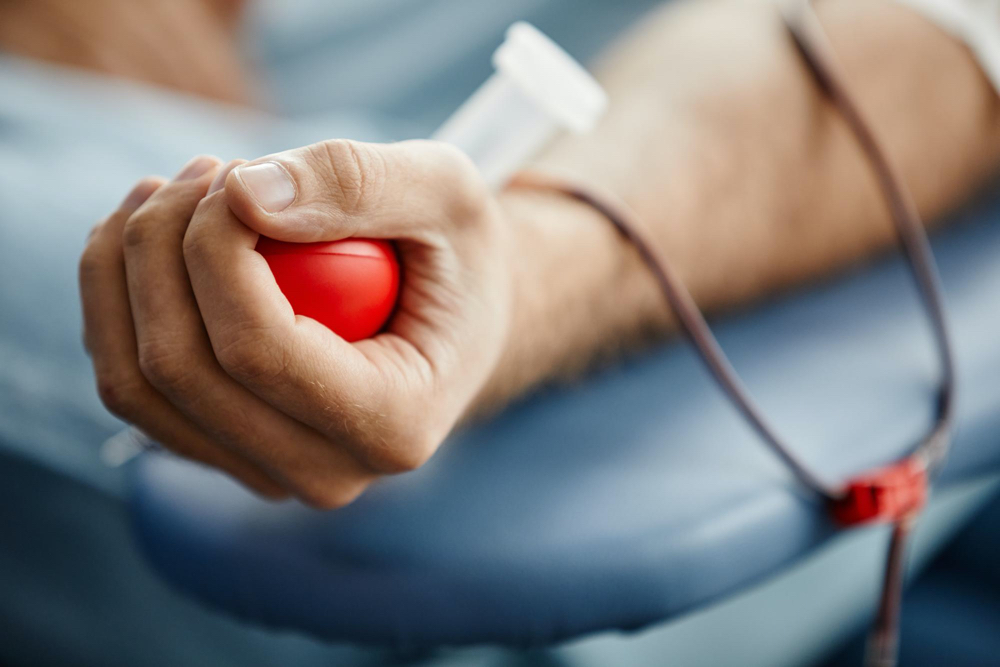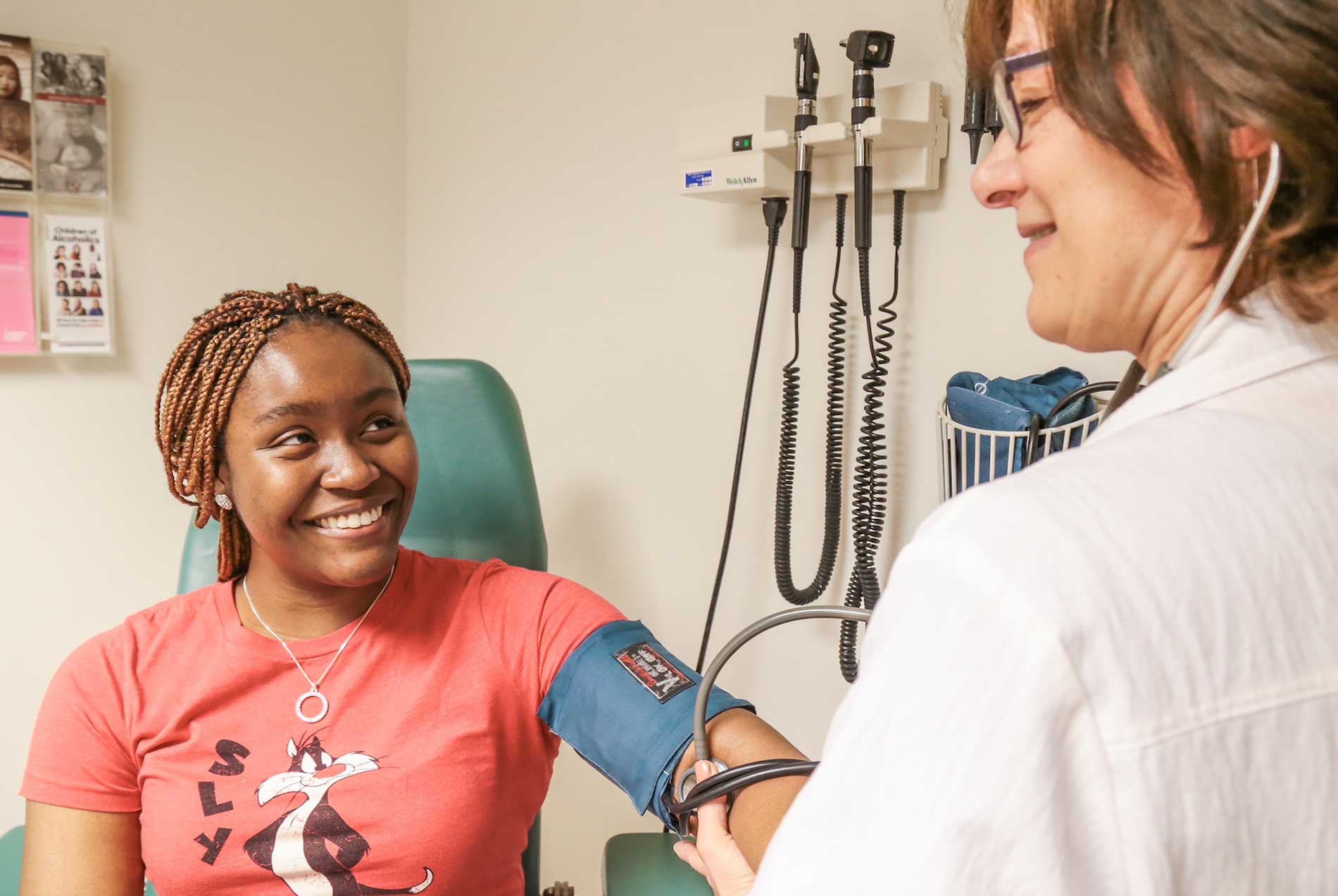
Health Coaching-The Definition
What is health coaching? Health coaching involves a trained individual to coach a client through talk therapy by discoursing about health and wellness and generating objectives and strategies to reach particular health goals. It could be related to losing weight, relaxation and reducing stress, managing chronic conditions, discontinuing smoking, or dealing with addiction, among many others.
What is a Health Coach?
While a life coach tackles a broader sphere which includes career and professional efficiency, a health coach’s domain is specific to health, wellbeing, nutrition, diet, and exercise. A health coach is trained and knowledgeable about the latest strategies related to his/her domain. Furthermore, a health coach is hands-on in giving a driving force to their clients to realize their goals toward healthy living.
They are health mentors who cultivate person-to-person relationships with their clients to be able to establish rapport to discuss plans for wellbeing and health objectives. They are fully aware that every individual has unique needs and needs a customized, personalized health plan. They know that what works for others may not work for everyone.
BENEFITS OF HEALTH COACHING
Holistic Focus
Health coaches are concerned about the holistic health of a client. They do not focus on a particular illness or specific problem of the person and treat it, instead, they look at the entirety of a person’s life, including the daily routines, the status of their psycho-spiritual health, and social interactions because the coach believes that all of these things contribute significantly to the person’s overall condition.
Collaborative
While you can meet doctors a few times—during the consultation, follow-up consultation, and surgery (when worst comes to worst), the health coach is with you all the way. They are sources of motivation and a driving force that works with you, hands-on support that allow you to overcome and surpass barriers to your health goals. They are not just your medical practitioners, but they are your partners.
Client-centred
The coach does not practice authority on the client. The coach does not force his/her ideas on the patient or give treatment or health education based on his/her knowledge. Instead, the coach assists facilitate, and partners with the patient, based on the client’s background, ideas, and situation, so that they will both arrive at a common aim to address the health challenges of the patient. The coach is not just present but also makes an effort to build rapport with the client, fostering respect, trust, and empathy so that they may be able to work with the client on the necessary changes that need to be done. Furthermore, the health coach will also know the client’s values, and that is very important in determining the approaches that will be applied.
One Step at a Time
Health coaches are fully aware that optimal wellbeing is not easily achieved and won’t happen overnight. They know that it takes small, consistent steps to get to the goal. They provide sustainable strategies for sustainable health, and no matter how long it takes, they will support you on your path to wholeness.
So for example, the client cannot sleep, so the health coach asks what he/she feels, and the client expresses that she is anxious, so the coach inquires again what making her anxious and what triggered the anxiety. If the client says it is because of her bombarded schedule the next day, the coach may suggest a to-do list that is structured in such a way that she would not be pressured, say, write the level of priority of an item by classifying them as Urgent (urgent and important), High (important but not urgent), Medium (Not important but urgent), and Low (Not important and not urgent). The coach will also ask about her portion and the content of her meals. So here we can see how the coach provides concrete, step-by-step suggestions to address a concern that might not necessarily and directly be associated with another concern.
Expert Care and Making the Client their Expert to their Own Bodies
The health coach, though an expert in his/her field, allows the client to take the expert role because the client is more aware of their own bodies, what is going on around them, what is effective for them or not.
As experts, health coaches are knowledgeable of various approaches and techniques. One of their fundamental techniques is the utilization of motivational interviewing techniques, using appropriate questions to help their patients draw out their motives for change. They give open-ended questions. Instead of saying that the client needs to do this or that, they ask, “what do you think will happen if you will lose weight?” They do not tell the clients what to do, rather, they encourage their clients to state their intentions and motivations, on their own terms. That way, they will be more motivated.
Health coaching also employs positive psychology that focuses on what approaches were, possibly can, and will be effective for the client. They do not dwell on what is wrong with the client, or their problems, or what should be solved or repaired. They motivate their clients to tackle their strong points so that they can make their health behaviours better.
Joint Effort with Other Medical Professionals
Health coaches, as part of the National Healthcare System, work together with other healthcare and medical professionals like general practitioners, doctors with specializations especially if their clients have cardiovascular, endocrinal, and other health issues in the body systems.
Benefits That Go Beyond What Is Expected
As the coaching process progresses, clients develop confidence and apply changes in other life aspects. This could lead to healthier social connections, a balance in work and life, and overall betterment in life. Notice that when a client develops a daily workout routine, they develop other healthy routines such as healthy sleep habits, or meditation techniques. They also are encouraged to tweak their diet and lifestyle.
The great thing is, even after the health coaching partnership, clients can be independent because of what they have learned, and they continue their learned self-care habits towards a healthy life.
Effectiveness of Health Coaching
Many studies prove that health coaching has contributed to significant improvements in the health of people with varying health challenges, especially to chronic patients. Not only that, health coaching facilitated in improving quality of life.






















